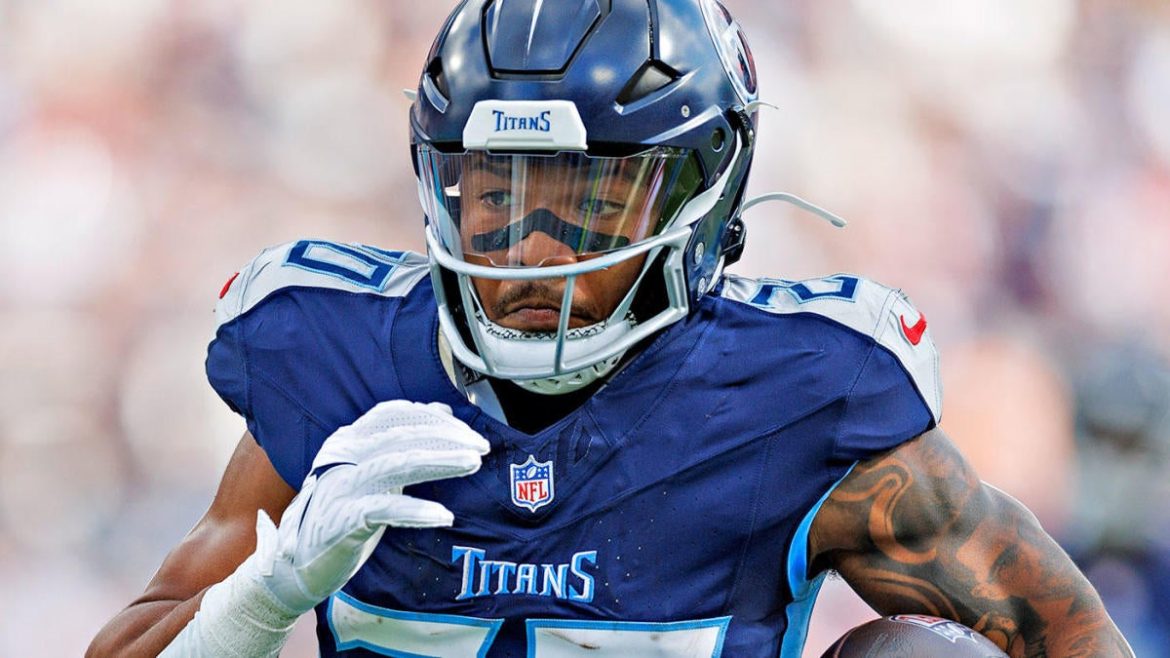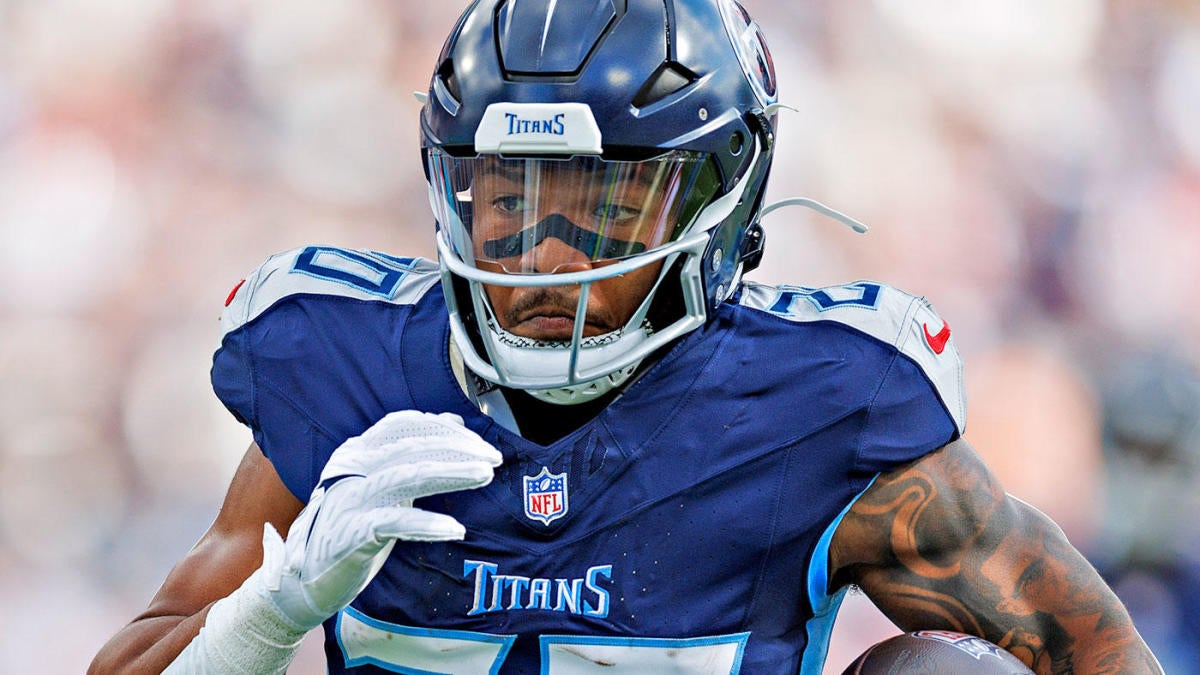The Tennessee Titans and Tony Pollard: A Shift in Philosophy and Outlook for 2024-2025
—
Introduction: Entering a New Era with Tony Pollard
The Tennessee Titans embarked on a transformative journey starting in 2024, marked most notably by their transition from Derrick Henry to Tony Pollard as the central figure in the running back position. This change signifies not just a personnel swap but a deliberate shift in offensive philosophy under new head coach Brian Callahan.
Pollard’s arrival and integration into the Titans’ system highlight the team’s desire for a fresh, versatile approach to offense—one that adapts to modern NFL trends by emphasizing a dynamic, dual-threat backfield rather than relying on a dominant, workhorse runner like Henry. This report explores how Pollard has fit into the Titans’ running game, what changes the team has pursued offensively, and what the outlook is for upcoming seasons.
—
Tony Pollard’s 2024 Season: A Roller Coaster with Achievement and Injury
Pollard’s first season with the Titans was notable for achieving over 1,000 rushing yards for the third consecutive year, underscoring his consistent productivity. Despite this achievement, his performance was hampered in the latter part of the year by an ankle injury that limited his effectiveness and availability. This physical challenge brought attention to the need for managing workload and sharing responsibilities in the backfield.
Furthermore, Pollard’s skill set extends beyond rushing yards; he is recognized for his explosive running style and ability to gain yards after contact, supported by effective blocking schemes such as pulling linemen clearing paths. His style contrasts with Henry’s bruising power approach, offering a more versatile, quicker option that can complement a more pass-oriented offense.
—
New Offensive Philosophy Under Coach Brian Callahan
The Titans underwent a fundamental strategic rework under Brian Callahan, aiming to modernize their offense. A key component of this change is moving towards a “running back by committee” approach. Pollard, paired with young back Tyjae Spears, forms a backfield duo designed to interchange seamlessly, balancing the workload and keeping players fresh.
Callahan’s plans for 2025 emphasize:
– Sharing the Load: After Pollard’s career-high 260 carries in 2024, the Titans are intent on lightening his workload to prevent injury risks and maintain high performance levels. Spears is expected to play a larger portion, increasing offensive unpredictability.
– Utilizing Versatility: Pollard’s ability to catch passes out of the backfield meshes well with Callahan’s preference for multi-dimensional backs. This approach aligns with an offense that seeks to deploy flexible personnel groups that adapt quickly to defensive schemes.
– Enhancing the Passing Game: The Titans’ main weakness remains wide receiver depth, with Calvin Ridley as the only consistently trusted target. Plans to acquire a dynamic “X” receiver and improve slot options are seen as critical steps to fully unlock the offense.
—
Roster Needs and Draft Strategy
The team’s draft focus and free agency moves reflect a commitment to supporting this evolving offense. Besides protecting and facilitating Pollard and Spears, the Titans have added young running backs such as Quinshon Judkins and Dylan Sampson, aiming to deepen the depth chart and reinforce the committee approach.
Wide receiver remains a priority given the limited reliable options outside Ridley. Bringing in a true no. 1 receiving threat and a dependable slot presence is expected to lift the passing game, helping alleviate pressure on the running backs to consistently carry the offensive load.
—
Fantasy and Performance Outlook
From a fantasy football perspective, Pollard’s value remains strong, though concerns about injuries and a potentially decreased carry count in 2025 have tempered some enthusiasm. With Callahan’s philosophy promoting more evenly distributed touches, Pollard may offer a high floor but reduced volume upside compared to his early Titans tenure.
Pollard’s capacity to play through injuries and still perform makes him a resilient asset, but the team appears mindful of not overtaxing him. This strategic caution bodes well for his longevity and effectiveness over the season, even if it moderates weekly carry totals.
—
Conclusion: A Promising Yet Cautious Path Forward
Tony Pollard’s arrival in Tennessee anchors a clear transformation in the Titans’ offensive identity. Moving away from a singular feature back in Derrick Henry to a more balanced, versatile backfield with Pollard and Spears signals a future-oriented approach tailored to modern NFL trends.
While Pollard’s 2024 season showcased strong production, injuries highlighted the importance of sharing carries and maintaining player health. Under Brian Callahan’s guidance, the Titans are cautiously optimistic about enhancing offensive efficiency through diversified rushing strategies, improved receiving options, and thoughtful workload management.
The 2025 season holds promise as this young, dynamic offense matures. Success will depend on Pollard’s ability to remain healthy and explosive within this new framework, supported by improvements in receiver talent and a strong offensive line. Overall, the Titans have set a solid foundation to leverage Pollard’s talents while building a balanced, adaptable offense ready to compete at a higher level.





